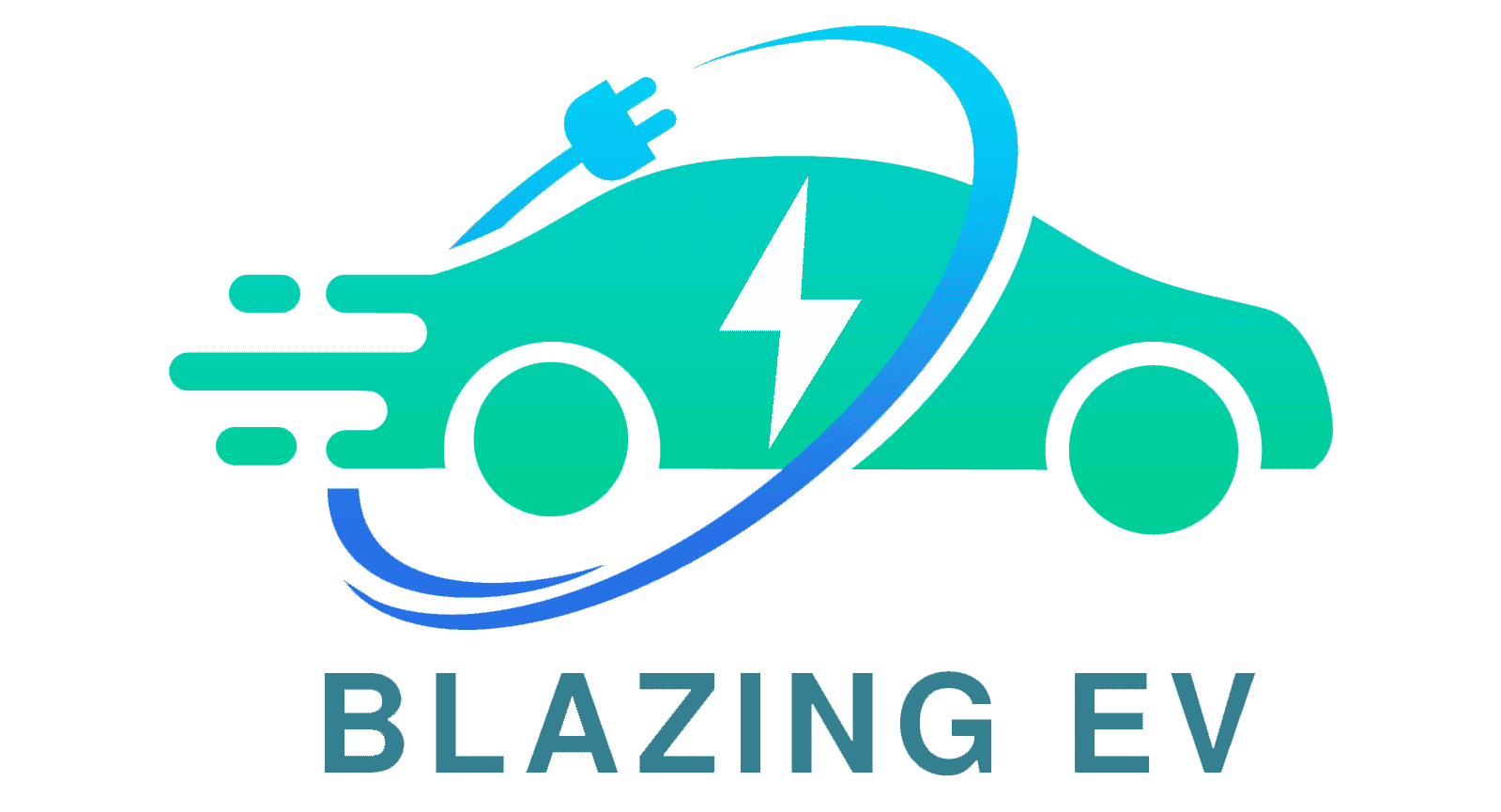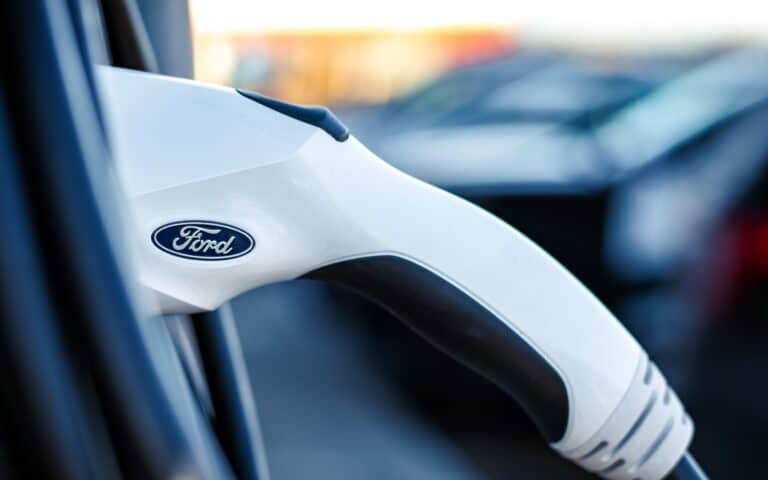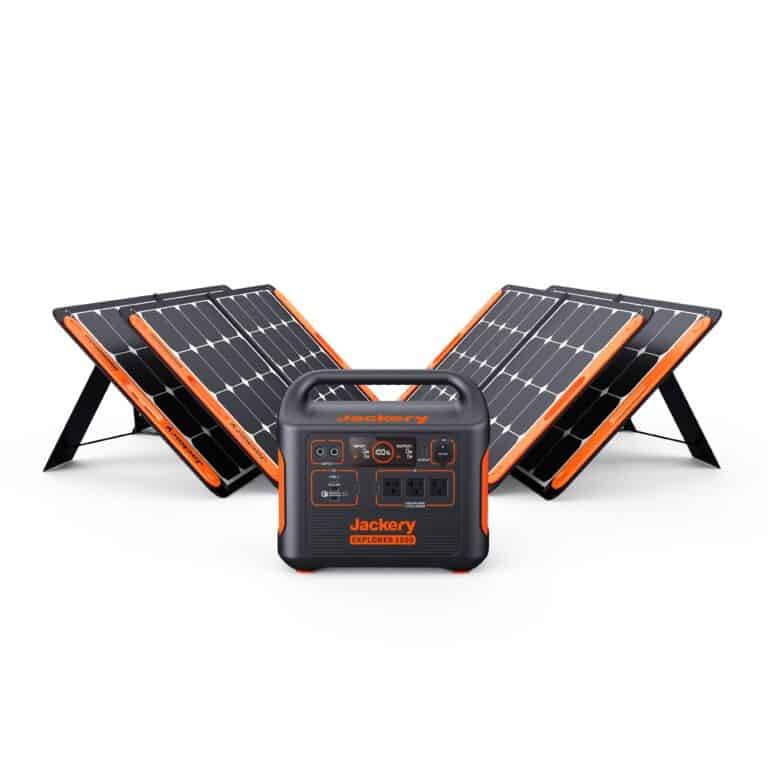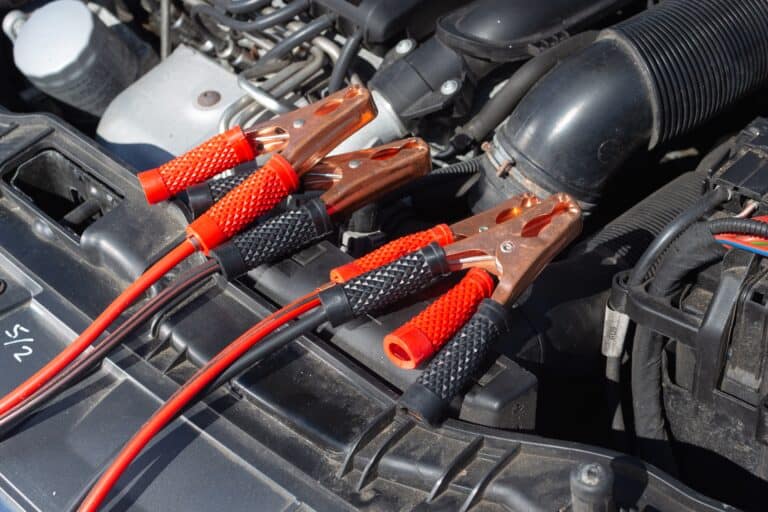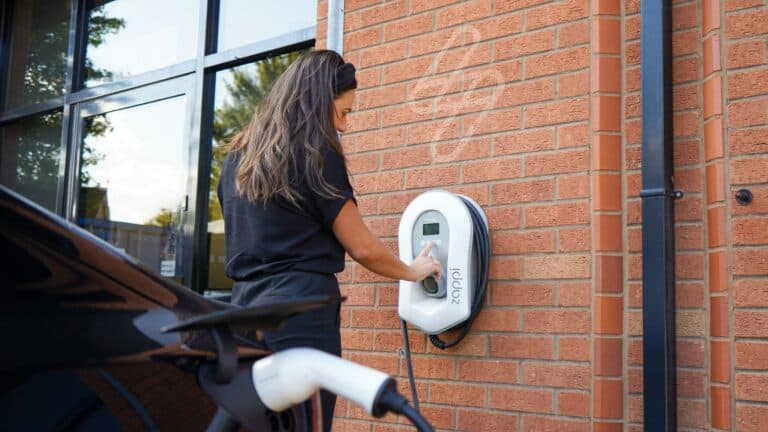Can I use an Extension Cord to Charge my EV?

Using an extension cord with an EV charger can cause dangerous heat generation due to consumer extension cords not being rated for the electrical current requirements of EV chargers. Even low speed Level 1 chargers such as the Tesla Mobile Connector has power requirements significantly higher than most consumer extension cords can provide.
Most manufacturers will tell you not to use an extension cord even with Level 1 chargers. Though it may be tempting to go out to Home Depot and purchase an extension cord to use with your charger when you have a scenario such as charging in a driveway or long distance in an apartment, it can be very dangerous for reasons I will outline below.
Adding an extension cord that is unable to keep up with the power demands of the charger will create resistance in the wires. This causes a voltage drop to the EV charger and will cause it to pull more current then it should. Potentially damaging the EV charger or the charging mechanism of the car itself.
An even more perilous outcome is caused by the heat generated in the inferior gauge extension cord wires. Since they are not designed for high speed currents the wires will heat up and cause the insulation on the wires to melt. Worse case the wires will catch on fire.
Are there any extension cords specifically designed for the power requirements of EV chargers?
Thankfully yes there are brands coming out that have thick wires capable of supporting the power demands of the EV charging. One example of this is the Gear IT 50-Amp extension cord for RV and EV, linked here
If your car uses the J1772 connector type the company Lectron has developed a 40 foot extension cord for the J1772 connector linked here
Can I get my landlord to install a charging outlet for me?
If you live in California there is Right to Charge law that may apply to you. If you lease a parking space that is exclusively reserved for you. You have the right to request permission from your landlord to install a charging station at your expense. Unfortunately no you cannot force them to pay for it. As long as you comply with all building codes, permits and insurance the landlord cannot unreasonable withhold permission to install the charging station.
Additionally, the law only applies to rental properties that have five or more parking spaces and were constructed after January 1, 2018. For rental properties that were constructed before January 1, 2018, the landlord may still have an obligation to allow tenants to install electric vehicle charging stations, but the requirements may be different.
Conclusion
Regular old extension cords should never be used with EV chargers even on Level 1 chargers that use regular outlets and plugs. While it may be tempting in a pinch those extension cables do not have the ability to handle the power requirements and will fail potentially catastrophically. Extension cords designed for EV’s may work perfectly fine and can be a good option for short term solutions. But for permanent installs its best to work with a competent electrical and install an outlet in your charging spot with the correct voltage and gauge wiring for use with your EV’s charger.
